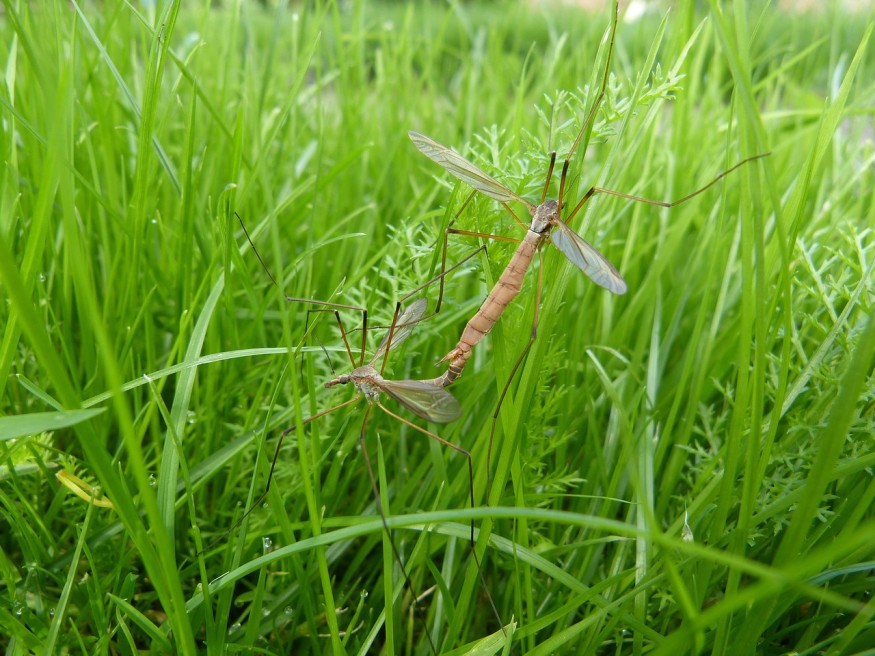Mosquito-borne diseases are still affecting many people worldwide despite efforts of suppressing their populations. Scientists have released sterile and genetically modified mosquitoes that will hopefully reduce cases of diseases caused by mosquitoes.
However, scientists are also concerned that these efforts might all go to waste since it involves mating in nature and there is not much literature about what characteristics that a female mosquito might be looking for in a male mosquito.
Researchers from Cornell University try to investigate this using the Aedes aegypti mosquito that is commonly a vector for dengue, malaria, and Zika virus.

Mosquito Courtship and Mating Process
The lives of both male and female mosquitoes revolve around breeding all year round. Mosquito courtship and mating happens in the air as males create a mating swarm in which females locate it through different senses, according to LiveScience.
Male mosquitoes emit pheromones which are detected by females, but it is not the only thing that attracted their mates. A male mosquito easily recognizes a female when it flies into the swarm as it has a different tune. Its wingbeat is lower than the male's frequency.
Females detect the sound of the wing beat of males, and they produce a specific frequency that attunes to each other by altering the frequency of wingbeats in a reciprocal tuning.
Parasitology professor emeritus Hilary Hurd of Keele University in the UK wrote in Biomed Central that a mosquito could hear the wingbeats because they create oscillations in the antennae, which are picked up by the flagellar ears near the antennae. Mosquito antennae have segments that are divided into sections known as flagellomeres.
Mosquito Love Song Linked to Offspring Immune Response
Researchers from Cornell University wanted to investigate whether the mosquito mating cue, harmonic convergence, might correlate with the immune response of their offsprings that could protect them against parasites and pathogens, Phys.org reported
In their study, "Sex, age, and parental harmonic convergence behavior affect the immune performance of Aedes aegypti offspring" published in the journal Nature Communications Biology, they separated converging and non-converging groups from each other for up to four days.
In the wild, females do not typically mate with non-converging males, but in their experiment, females are forced to mate under these conditions.
They examined a subset of male and female offsprings from the converging parents and non-converging parents. Then they tested the effects of pairings from harmonic convergence on three types of immunity response, and how these effects were changed by the insect's age, sex, and life history.
After which, they tested humoral melanization, the mosquito's immune response of coating a pathogen with melanin in its gut to prevent infection. Male offsprings were then exposed to E.Coli bacteria while female offspring were exposed to the dengue virus.
They found that males were less capable of melanizing compared to females, and even those from converging parents were less able to melanize compared to those from non-converging male offspring. The team hypothesizes that this might happen because converging parents tend to exert more effort in converging rather than on immunity.
But at the same time, they tend to fend off bacteria better than their non-converging counterparts, although it wanes rapidly as they age. Meanwhile, females from converging parents showed higher immunity early in life but also drops and matched the immunity rate of non-converging offsprings as they age. Nonetheless, the overall rate of dengue virus in them is so low.
RELATED ARTICLE: Science Just Figured Out Why Mosquitoes Love Human Blood
Check out more news and information on Mosquitoes in Science Times.










